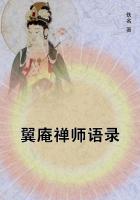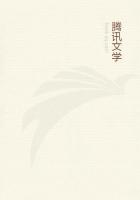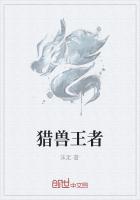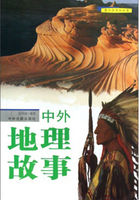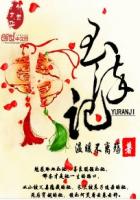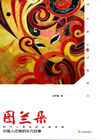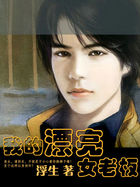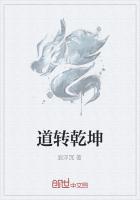Beauty is the form of finality in an object, so far as perceived in it apart from the representation of an end.As telling against this explanation, the instance may be adduced that there are things in which we see a form suggesting adaptation to an end, without any end being cognized in them-as, for example, the stone implements frequently obtained from sepulchral tumuli and supplied with a hole, as if for [inserting] a handle; and although these by their shape manifestly indicate a finality, the end of which is unknown, they are not on that account described as beautiful.
But the very fact of their being regarded as art-products involves an immediate recognition that their shape is attributed to some purpose or other and to a definite end.For this reason there is no immediate delight whatever in their contemplation.A flower, on the other hand, such as a tulip, is regarded as beautiful, because we meet with a certain finality in its perception, which, in our estimate of it, is not referred to any end whatever.
FOURTH MOMENT.Of the Judgement of Taste: Moment of the Modality of the Delight in the Object.
SS 18.Nature of the modality in a judgement of taste.
I may assert in the case of every representation that the synthesis of a pleasure with the representation (as a cognition) is at least possible.Of what I call agreeable I assert that it actually causes pleasure in me.But what we have in mind in the case of the beautiful is a necessary reference on its part to delight.However, this necessity is of a special kind.It is not a theoretical objective necessity-such as would let us cognize a priori that every one will feel this delight in the object that is called beautiful by me.Nor yet is it a practical necessity, in which case, thanks to concepts of a pure rational will in which free agents are supplied with a rule, this delight is the necessary consequence of an objective law, and simply means that one ought absolutely (without ulterior object) to act in a certain way.Rather, being such a necessity as is thought in an aesthetic judgement, it can only be termed exemplary.In other words it is a necessity of the assent of all to a judgement regarded as exemplifying a universal rule incapable of formulation.Since an aesthetic judgement is not an objective or cognitive judgement, this necessity is not derivable from definite concepts, and so is not apodeictic.Much less is it inferable from universality of experience (of a thoroughgoing agreement of judgements about the beauty of a certain object).For, apart from the fact that experience would hardly furnish evidences sufficiently numerous for this purpose, empirical judgements do not afford any foundation for a concept of the necessity of these judgements.
SS 19.The subjective necessity attributed to a judgement of taste is conditioned.
The judgement of taste exacts agreement from every one; and a person who describes something as beautiful insists that every one ought to give the object in question his approval and follow suit in describing it as beautiful.The ought in aesthetic judgements, therefore, despite an accordance with all the requisite data for passing judgement, is still only pronounced conditionally.We are suitors for agreement from every one else, because we are fortified with a ground common to all.Further, we would be able to count on this agreement, provided we were always assured of the correct subsumption of the case under that ground as the rule of approval.
SS 20.The condition of the necessity advanced by a judgement of taste is the idea of a common sense.
Were judgements of taste (like cognitive judgements) in possession of a definite objective principle, then one who in his judgement followed such a principle would claim unconditioned necessity for it.Again, were they devoid of any principle, as are those of the mere taste of sense, then no thought of any necessity on their part would enter one's head.Therefore they must have a subjective principle, and one which determines what pleases or displeases, by means of feeling only and not through concepts, but yet with universal validity.Such a principle, however, could only be regarded as a common sense.This differs essentially from common understanding, which is also sometimes called common sense (sensus communis): for the judgement of the latter is not one by feeling, but always one by concepts, though usually only in the shape of obscurely represented principles.
The judgement of taste, therefore, depends on our presupposing the existence of a common sense.(But this is not to be taken to mean some external sense, but the effect arising from the free play of our powers of cognition.) Only under the presupposition, I repeat, of such a common sense, are we able to lay down a judgement of taste.
SS 21.Have we reason for presupposing a common sense?

